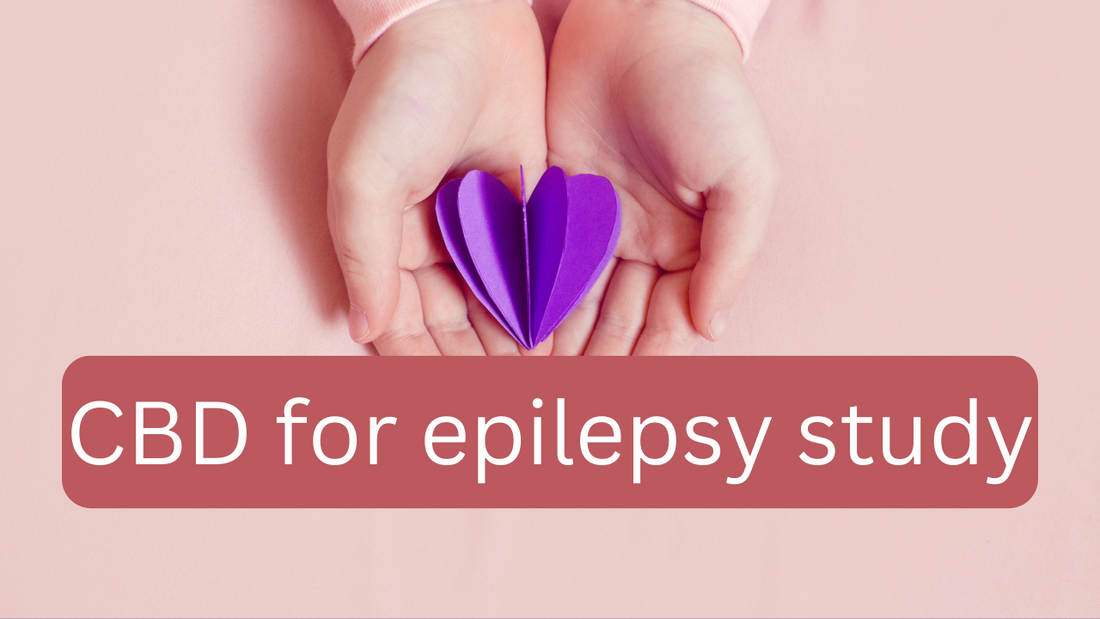CBD and epilepsy
Epilepsy is a neurological disorder that causes recurrent seizures and affects approximately 1% of the global population. Unfortunately, 25-30% of patients with epilepsy do not respond to traditional medications and are considered treatment-resistant. This can have a significant impact on an individual's quality of life and be a burden on society. As a result, researchers are constantly seeking new and effective treatment options for these patients.
One potential treatment option that has gained attention in recent years is the use of marijuana, specifically cannabidiol (CBD), to reduce seizure activity. CBD is one of the many compounds found in marijuana and has been shown to have antiepileptic properties in both animal and in vitro studies. While the exact mechanism of CBD's effects is not fully understood, it is believed to inhibit excitatory neurotransmission and has neuroprotective, anti-inflammatory, and antioxidant properties.
Insights from a Pediatric Study
A recent study sought to examine the effectiveness of CBD-enriched cannabis oil in the treatment of treatment-resistant epilepsy in pediatric patients. The study included 75 patients with an average age of 11.8 years and an average duration of epilepsy of 8.3 years. The patients were given CBD as either monotherapy (without any other medications) or as adjunctive therapy (in addition to their existing medications). The CBD was administered sublingually (under the tongue) in increasing doses until an optimal dosage was reached.
The results of the study were promising. The average seizure frequency before treatment was 14.3 per month, but after treatment with CBD, it decreased to 5.9 per month, a decrease of 58.6%. 58.7% of the patients experienced a greater than 50% reduction in seizure frequency, while 29.3% experienced a 25-50% reduction. Adverse effects were reported in 21.3% of the patients, with the most common being drowsiness and gastrointestinal symptoms.
While these results are encouraging, it is important to note that this was an observational, longitudinal study and not a randomized, controlled trial. This means that the study was not designed to compare the effects of CBD to a placebo or to another treatment and may not be generalizable to all patients with epilepsy. Additionally, the study was not blinded, which could introduce bias in the reporting of seizure frequency and adverse effects.
Despite these limitations, the findings of this study suggest that CBD-enriched cannabis oil may be an effective treatment option for pediatric patients with treatment-resistant epilepsy. Further research is needed to confirm these findings and to determine the optimal dosage and duration of treatment with CBD.

